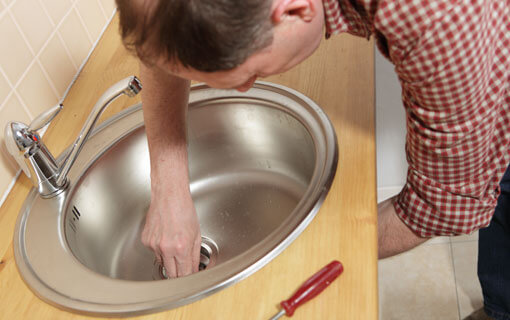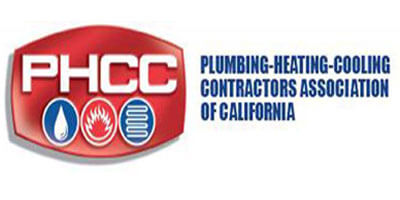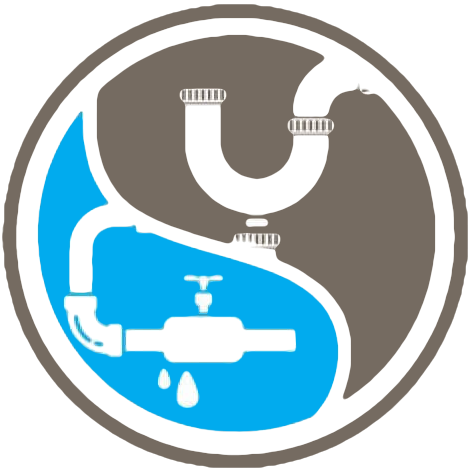
Drain clogs in restaurants are a common and frustrating issue that can disrupt your operations, lead to unpleasant odors, and even result in costly downtime. These clogs often happen due to the large amounts of grease, food waste, and cleaning products that find their way into your kitchen’s drainage system. While some clogs are easy to manage with regular maintenance, frequent or severe clogs require professional intervention to avoid further damage to your plumbing system.
In this blog, we will discuss the most common causes of restaurant drain clogs, preventative measures, and the importance of scheduling regular professional cleaning services. If your restaurant is constantly experiencing clogs, it’s time to consider professional help from Drain Cleaning Experts, serving San Diego County.
Common Causes of Restaurant Drain Clogs
- Grease and Fat Buildup
Grease is a major culprit behind most restaurant drain clogs. When cooking oil, butter, or other fats are poured down the drain, they may seem to flow easily. However, once they cool, they solidify and stick to the inside of the pipes, creating thick blockages over time. Even small amounts of grease that enter your drains daily can build up quickly.
Implementing grease traps can reduce grease buildup by capturing fats before they reach your plumbing system. It’s essential to regularly clean these traps to ensure they function properly.
Read more about how grease impacts drains in this EPA study.
- Food Debris
Another common cause of drain clogs in restaurants is food debris. Scraps of vegetables, fruit peels, meat, and even bones can slip into the drains and cause a blockage. In commercial kitchens, these small bits of food accumulate quickly, often leading to slow drainage and eventual clogs.
To prevent this, make sure to install sink strainers that catch food particles before they enter the drain. Also, train staff to dispose of food waste in garbage bins before rinsing dishes. Regular maintenance can also help clear out any small clogs before they become bigger problems.
- Soap Scum and Cleaning Products
Many restaurants use harsh cleaning products to keep their kitchens spotless. While effective for cleaning, these products often contribute to soap scum buildup in the drains. Over time, soap residue mixes with grease and food particles, creating a thick layer that restricts water flow.
Switching to more biodegradable cleaning solutions can reduce soap scum buildup. However, it is still essential to schedule routine professional drain cleaning to prevent long-term clogging caused by soaps and detergents.
What to Do When Your Restaurant’s Drains Clog
When your restaurant experiences frequent or severe drain clogs, it’s critical to address the issue immediately to avoid disruptions to your service.
- Stop Using the Affected Drain
If you notice slow drainage or a complete clog, immediately stop using the affected drain. Continuing to pour water or waste into a clogged drain can result in serious backups or even damage to your plumbing system. - Try Basic Unclogging Methods
A plunger or drain snake may work for minor clogs, offering a quick fix. However, these methods typically only provide short-term relief and don’t address deeper issues in the pipes. If you find yourself repeatedly needing to plunge or snake the drain, it’s time to consider professional help. - Call a Professional Drain Cleaning Service
When DIY methods fail, professional drain cleaning services are the best solution for frequent clogs. Professional plumbers have specialized tools, such as hydro-jetting equipment, to clean your pipes thoroughly. Hydro-jetting involves using high-pressure water jets to blast away grease, food particles, soap scum, and other debris. This method not only clears the blockage but also helps prevent future clogs by thoroughly cleaning the inside of your pipes.
To learn more about hydro-jetting, check out this article on how it works.
Preventative Measures for the Future
- Install Grease Traps
A grease trap is one of the most effective ways to prevent drain clogs in commercial kitchens. These devices capture fats, oils, and grease before they enter the plumbing system. Make sure to have your grease trap professionally installed and cleaned regularly. - Schedule Routine Professional Drain Cleaning
Even with grease traps and sink strainers in place, it’s essential to schedule regular professional drain cleaning. This ensures that your pipes remain free from buildup that can lead to clogs. Preventative cleaning helps avoid costly repairs and ensures that your drains flow smoothly at all times. - Educate Your Staff
Preventing drain clogs is a team effort. Educate your kitchen staff on the importance of proper waste disposal. Make sure they scrape plates into the trash and avoid pouring grease down the sink. Simple steps like these can go a long way in keeping your drains clear and your restaurant operating efficiently.
Drain Cleaning Experts, Serving San Diego County
Frequent drain clogs in restaurants are more than just a minor inconvenience—they can affect your business’s operations and reputation. By taking preventative measures and scheduling routine drain cleaning with Drain Cleaning Experts, serving San Diego County, you can ensure that your kitchen drains function smoothly and without interruptions.

 A Division Of Blue Planet Drains & Plumbing Inc.
Our Address: 2252 Main St Suite 12 Chula Vista, CA 91911
License # 892783
Phone Number: (858) 346-5223
A Division Of Blue Planet Drains & Plumbing Inc.
Our Address: 2252 Main St Suite 12 Chula Vista, CA 91911
License # 892783
Phone Number: (858) 346-5223


